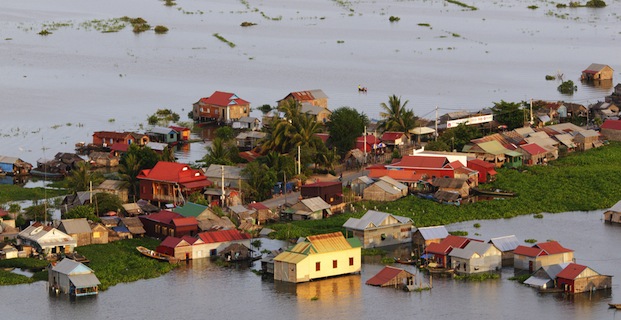A new report from the World Bank and the Global Facility for Disaster Reduction and Recovery, GFDRR, has revealed that the impact of extreme natural disasters is equivalent to a global $520 billion loss in annual consumption, and forces some 26 million people into poverty each year.
World Bank Group President Jim Yong Kim, said: “Severe climate shocks threaten to roll back decades of progress against poverty.”
“Storms, floods, and droughts have dire human and economic consequences, with poor people often paying the heaviest price. Building resilience to disasters not only makes economic sense, it is a moral imperative.”
The report titled: “Unbreakable: Building the Resilience of the Poor in the Face of Natural Disasters,” warned that the combined human and economic impacts of extreme weather on poverty were far more devastating than previously understood.
In all of the 117 countries studied, the effect on well-being, measured in terms of lost consumption, was found to be larger than asset losses. Because disaster losses disproportionately affect poor people, who have a limited ability to cope with them, the report estimated that impact on well-being in these countries is equivalent to consumption losses of about $520 billion a year. This outstripped all other estimates by as much as 60 per cent.
With the climate summit, COP22, underway, the report’s findings underscored the urgency for climate-smart policies that better protect the most vulnerable. Poor people are typically more exposed to natural hazards, losing more as a share of their wealth and are often unable to draw on support from family, friends, financial systems, or governments.













